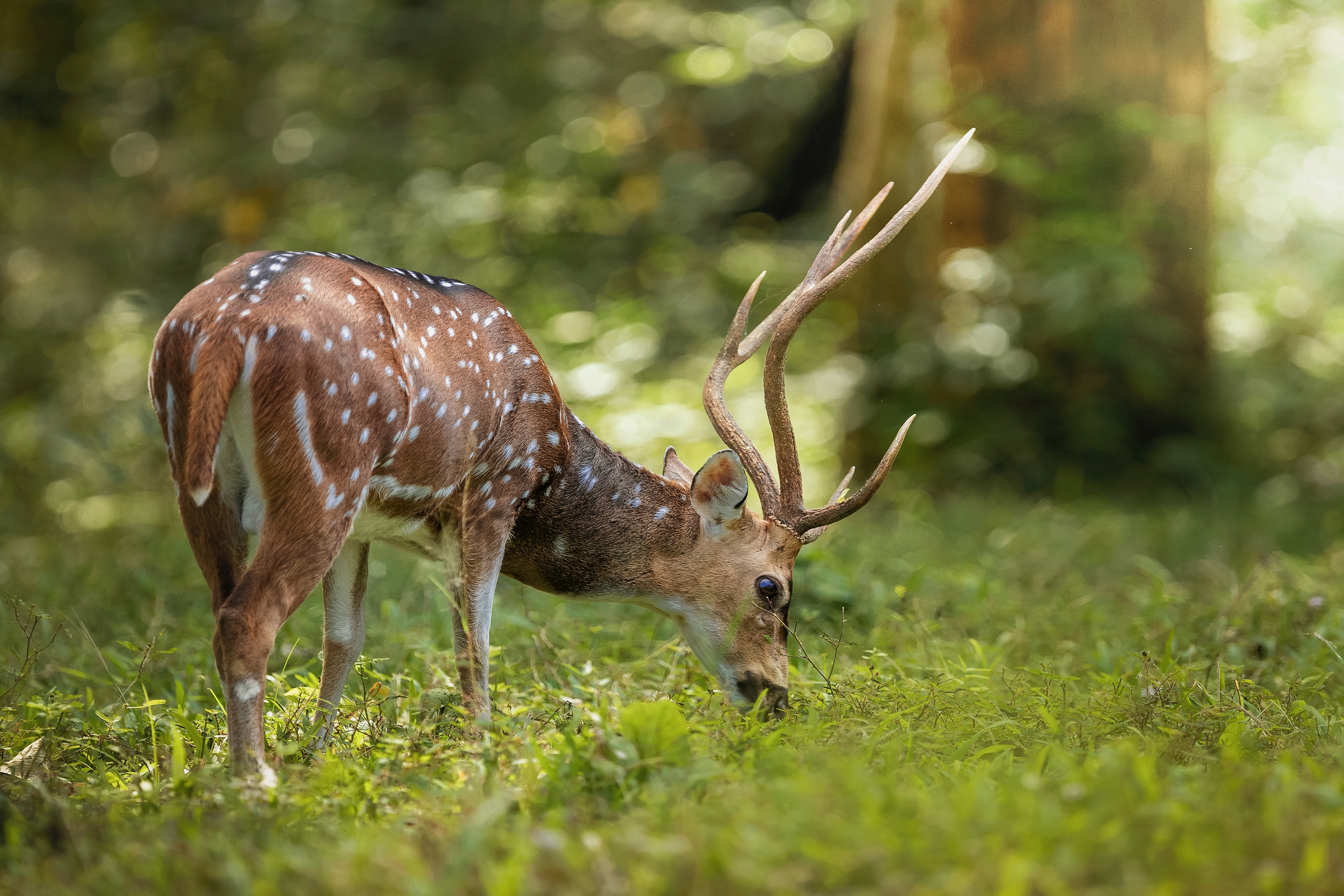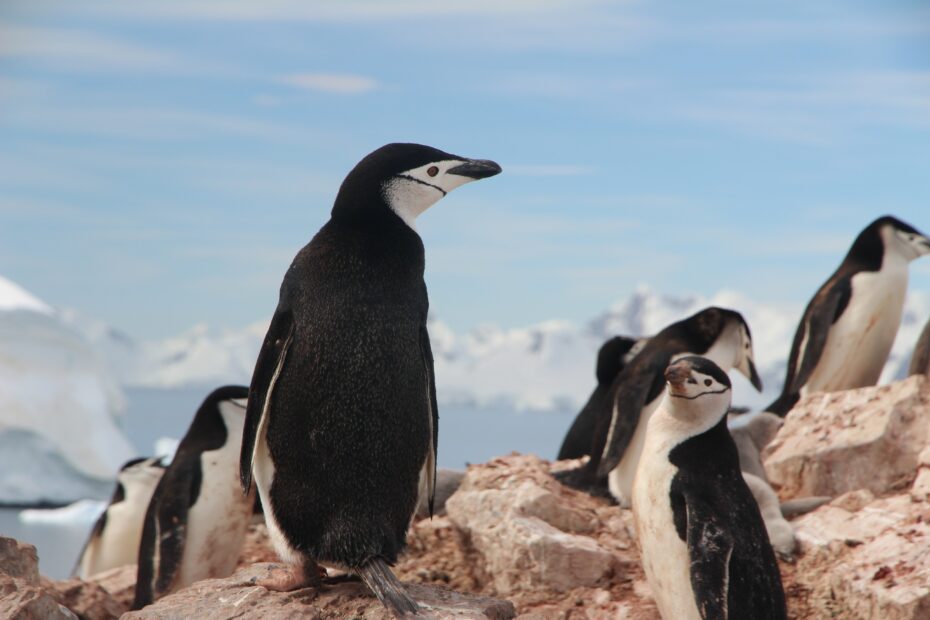We humans are the most successful species ever to inhabit this planet. Our actions have had a huge impact on the ecosystem as well as the animals that call this habitat their home. Now more than ever, action is needed to conserve the biodiversity of our world in light of the impending effects of climate change and other environmental issues, and perhaps create more hospitals like the Golf Rose animal hospital. In this material, we will look at the different ways in which people can help animals overcome environmental problems.

Preserving natural habitats for animals
Protecting the environments in which animals live is one of the most effective methods to assist with their welfare. This may involve preventing the destruction of natural habitats, such as woodlands and wetlands, by means of logging and other forms of development. It may also involve rehabilitating deteriorated habitats, such as grasslands and coral reefs, in order to create an environment that is conducive to the survival of various animal species.
The reduction of one’s “carbon footprint”
A further significant action that may be taken to assist animals is to lessen the impact that humans have on the environment. Carbon emissions lead to climate change, which can have a disastrous impact on animals and their ecosystems. We may help lessen the impact of climate change and protect animals from its impacts if we lower our carbon footprint by taking measures such as taking public transportation, saving energy, and eating a diet that is primarily composed of plant-based foods.
Lowering our reliance on throwaway plastic
Plastic trash presents an additional serious risk to animal populations. Plastic pollution can be harmful to animals in a variety of different ways, such as by ingestion, entanglement, and the destruction of habitat. We can help minimize the quantity of plastic pollution in our oceans and on land by limiting our use of single-use plastics, recycling, and disposing of waste in an appropriate manner. This will protect wildlife from the adverse impacts that plastic pollution can have.
Contributing to the preservation of natural resources
There are various organizations for conservation that are devoted to the protection of animals and the environments in which they live. We can make a difference in the lives of animals by giving to these groups, volunteering our time, and speaking up for their causes in order to guarantee that they have the protection they require to thrive. These groups are also able to provide education and outreach initiatives, which can assist in the process of raising awareness about how important it is to conserve animals and the environments in which they live.
Altering perspectives on treatment of animals
Finally, adjusting human attitudes towards animals can help safeguard them from ecological challenges. If we acknowledge that animals are sentient beings who have a right to be treated with respect and compassion, then perhaps we will be able to lessen the amount of suffering we cause to them. This can include advocating for the ethical treatment of animals, supporting laws that protect animal welfare, and shunning products and industries that make use of animals for their own benefit.
In conclusion, a concentrated effort is required from individuals, organizations, and governments in order to safeguard animals from the effects of environmental concerns. We can assist in ensuring that animals have a fighting chance against the dangers they face by preserving their ecosystems, lowering our carbon footprint, cutting down on the amount of plastic trash we produce, providing financial support for conservation projects, and shifting our attitudes toward animals. As stewards of the world, it is our duty to preserve the planet’s natural diversity and the animals that call it home by taking appropriate preventative measures.
